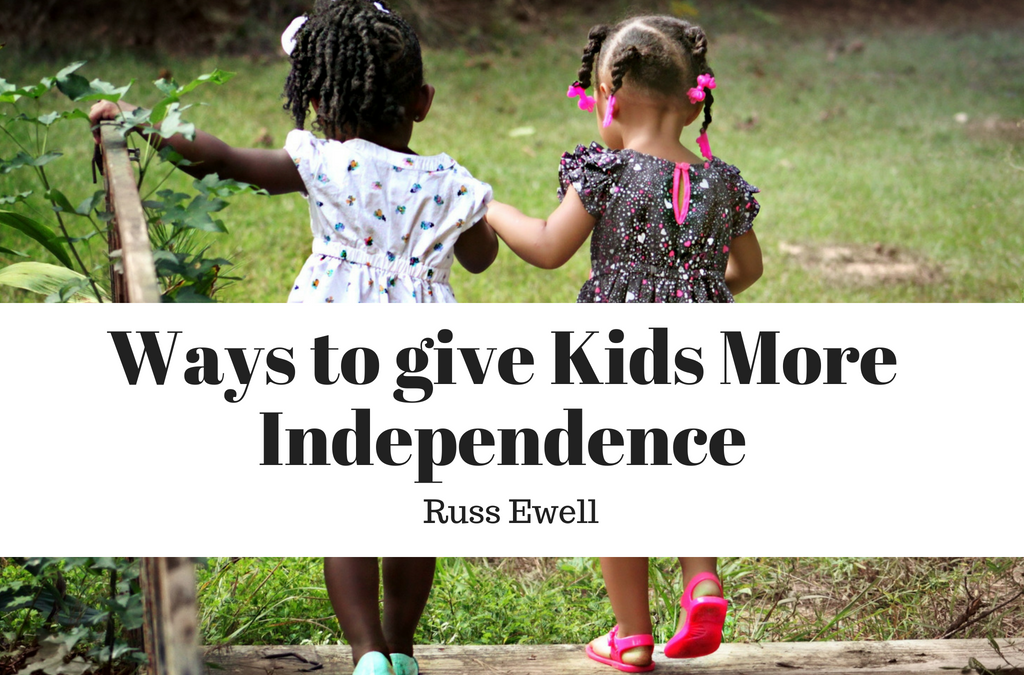Being a protective parent comes naturally, especially if you have children with special needs. Serving their needs and raisin in the best way possible is the ultimate goal. As a parent, it’s easy to maintain a pretty tight grip on your child. While it’s not bad to be protective, giving your child a little more independence will take some of the weight off of your shoulders. Here’s how you can give yourself peace of mind and watch your child thrive in their independence.
Encourage Exercise
Have your kid get out and about by encouraging steady exercise. Physical activity can have a critical impact on both children and adults with special needs. Not only will it plant a sense of confidence when they crush a workout or simply enjoy a walk around the block, but it also strengthens their social skills and general development.
If you want to take standard exercise a step further, enroll your child in a sport! Whether its soccer, swimming, archery, basketball, or bowling, your heart will swell watching your child excel. Being involved in a sport will help your child maintain weight which can be tough due to medications, improve emotional and psychological health, and even boost their confidence.
Form a Hobby
Yes, sports and exercise do fall under the category of hobbies, but there is so much more out there waiting for your child to try! Developing a hobby with your child will give them something to do on rainy days when they can’t go for a walk or during the winter when it’s too cold for outdoor sports.
To find a great hobby your child might enjoy while also giving them a sense of independence, ask yourself these questions:
- Is it something any child/individual can do?
- Can it be completed on their own?
- Are you able to schedule this hobby?
If your answers hit all three of those questions, have your child give the new hobby idea a try! Make sure it’s something they want to do and never force it. You want your child to find a hobby they’ll naturally gravitate towards and build up their independence all on their own.
Create Routines
Established routines to individuals with special needs matter for a few reasons. While transitions can be difficult, a routine makes change easier. It also sets expectations and naturally encourages independence.
Whether it’s a morning, afternoon, evening, or simply a daily routine, your child will appreciate the consistency. If your child does the same thing every morning, they’ll know that after the brush their teeth they get a shower, and after the shower, they eat breakfast. No matter how you schedule the routine, it allows your child to go throughout their day knowing what comes next, and achieving that without you needing to tell them.
Don’t be afraid to establish independence at an early age for your child. While your relationship will grow and flourish in many ways, having more independence in your child’s life will benefit both you and your child greatly.

